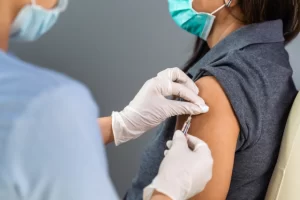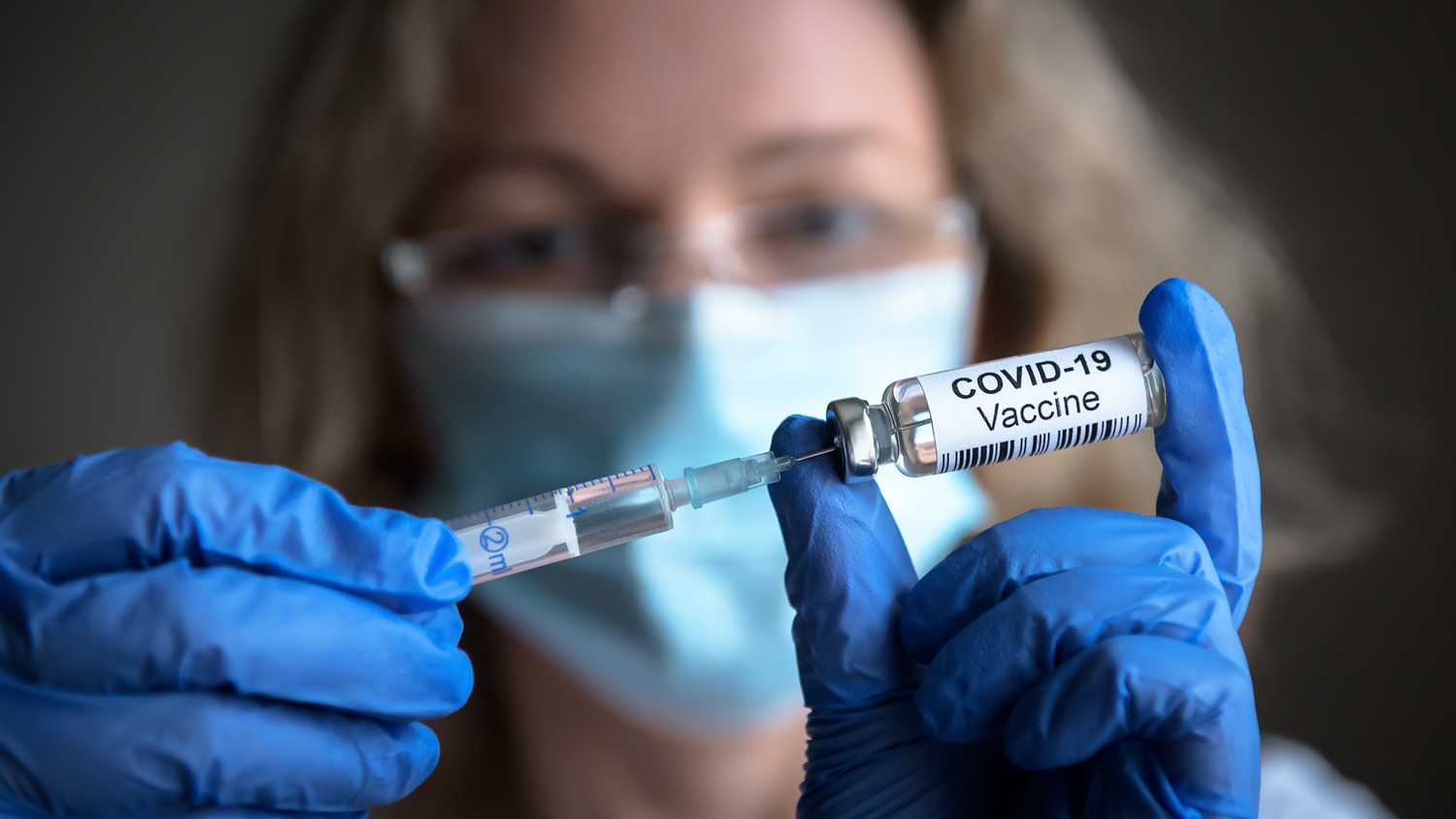Vaccines trigger the natural defenses of our body, so they minimize and in other cases immunize so as not to run the risk of contracting diseases.
Vaccines develop a response from our immune system, which: recognizes the invading microbe and generates antibodies, also creates a memory of the disease and how to fight it.
If we don’t get vaccinated, we run the risk of contracting serious diseases, although like all medicines, vaccines can cause side effects.
In the case of COVID-19, until the first quarter of this year 2022, the World Health Organization (WHO) authorized vaccines from Janssen, Moderna, Sinopharm, Sinovac, Pfizer/BioNTech, AstraZeneca/Oxford, Bharat and Novavax. Other vaccines are still being evaluated.
The performance of these vaccines continues to be closely monitored even after their implementation in a country. Their efficacy and safety are evaluated.
Vaccines approved by the competent bodies are very effective in preventing the disease against the delta and omicron variants in severe hospitalization cases, as well as against other strains.
 The World Health Organization receives information from a team of specialists, in order to know how these variants can affect the properties of the virus and the level at which this could affect the effectiveness of vaccines against COVID-19.
The World Health Organization receives information from a team of specialists, in order to know how these variants can affect the properties of the virus and the level at which this could affect the effectiveness of vaccines against COVID-19.
However, no vaccine is 100% effective in preventing disease in vaccinated people. There will be a small percentage of fully vaccinated people who will still get sick. This is especially true in the presence of a highly transmissible variant such as Omicron. Symptoms are likely to be mild or absent in vaccinated cases.
These vaccines can be applied to almost all people. However, it is not advisable for those people who have certain organic diseases, you should first consult with the treating doctor.








